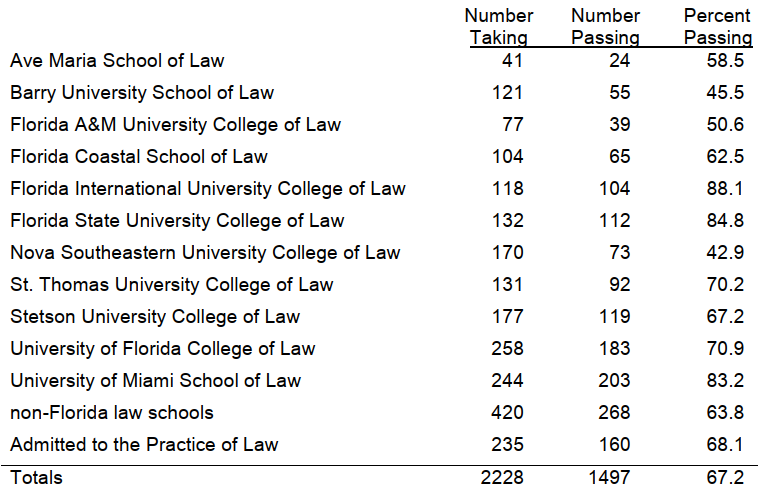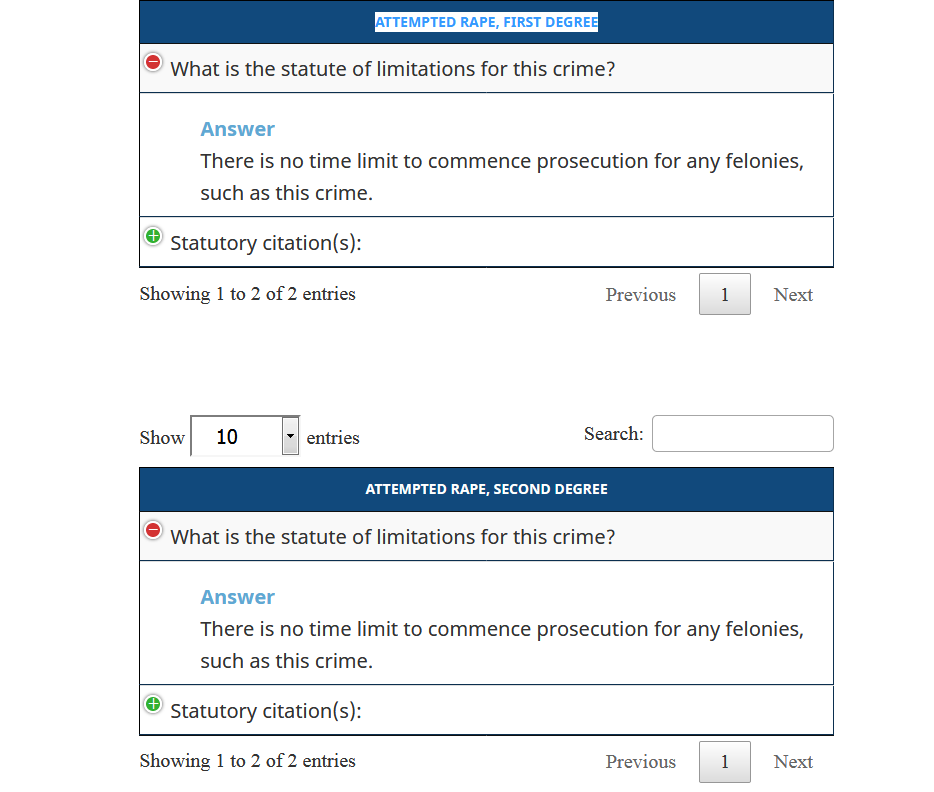 Hard to believe that I started blogging on this day in 2003, fifteen years ago.
Hard to believe that I started blogging on this day in 2003, fifteen years ago.
I had imagined when I started discourse.net that I’d be writing mostly about the ideas that animate my scholarly work. On the whole, that didn’t work out for me; the level of detail and precision I strive for in academic writing either didn’t translate well to blogging, or just took too darn long and got in the way of ‘real’ work. Instead, the blog became an outlet for legal musings — academic outtakes, if you will — and personal political screeds that ramped up as the nature of the Bush administration torture scandal came into view. Eventually it also became a form of political action for various causes, and an info portal on local elections, especially judicial ones. (Next up: the proposed Florida Constitutional Amendments.)
At one point I was getting thousands of visitors, sometimes in a single day.
But then, one day I decided I wanted to spend more time writing, so I dialed back. I decided I was first an academic, and only very much second or third a blogger, and I wanted to stay that way. I no longer wasted any time on publicity, and stopped making an effort to have at least one post a day. Traffic slumped. As projects like Jotwell and We Robot took more time, blogging languished further. And two rather serious health crises, one in 2010 and one that only resolved itself recently in this past year, brought blogging to temporary, but lengthy, near-halts.
Anyone still reading here is a die-hard, and I thank you. Drop a note in the comments below, or in Who Reads Discourse.net.
There have been 20,316 genuine comments here in 15 years, and I am grateful for all but the trolliest. On the other hand, Askimet reports it has blocked 3,243,190 spam comments, and that doesn’t count the enormous number I deleted manually before installing Askimet. Even ignoring those, that means only 0.6% of comments here have been real? Fortunately, nowadays very little of the spam gets through the filters, so neither I nor anyone else ever sees it. It’s just a work tax on the server.
My first post introducing the blog wasn’t much.
My second post discussed the origins of a paper I co-authored with my wife, Caroline Bradley, on ‘Virtual Worlds and Real Rules’; I think the paper is still timely and relevant.
My third post could also have gone up last week: I wondered why the dollar was so strong, and bemoaned how hard it is for the individual investor to do currency hedges in an economically sensible way. (It also had what I think was my first comment spam.) Still true, although right now I don’t have a strong desire to hedge the dollar since I would not know what currency to buy instead; the US has problems, but so do most other major industrial nations.
But my fourth post, Rose Burawoy, Political Scientist, the one about my grandmother, well that one both has — and has not — withstood the test of time, and the ways it has not are dispiriting. The torture issue has not gone away: our current Supreme Court nominee could not bring himself to say waterboarding (or worse) is torture. Nor has the federal government been cured of its use of Gestapo tactics: refugee families ripped apart, children in cages, border Hispanics systematically having their citizenship questioned. Local governments are in on it too: the doctrine of qualfied immunity protecting police for a wide range of violent or indefensible actions, Blacks gunned down by police for what far too frequently seems no reason, consent decrees on local policing abandoned by the feds leaving bad departments free to continue to act wrongly, civil forfeitures even in the absence of criminal convictions back in fashion after it looked as if they might be on the way out.
I still don’t think the Nazis will take over America. But they are much more in evidence than I thought possible 15 years ago. We’ve seen them on the streets of Charlottesville, and the President thought that was just fine and dandy, which is hardly surprising since he employs Nazi sympathizers if not outright Nazis. ICE’s Border Patrol employs more than 40,000 officers and agents; their political and social views sound bad, so far they do not show many signs of becoming tomorrow’s Brown Shirts. Then again, who would have thought we would see the Nation’s chief official sympathizing with Nazis in the streets?
Democracy responds slowly to evil, but it often responds. Or, as Dr. King put it, “the arc of the moral universe is long, but it bends toward justice.”
It’s not too late. Yet. That is my story, and so far I’m sticking to it.



 Hard to believe that I started blogging on this day in 2003, fifteen years ago.
Hard to believe that I started blogging on this day in 2003, fifteen years ago.